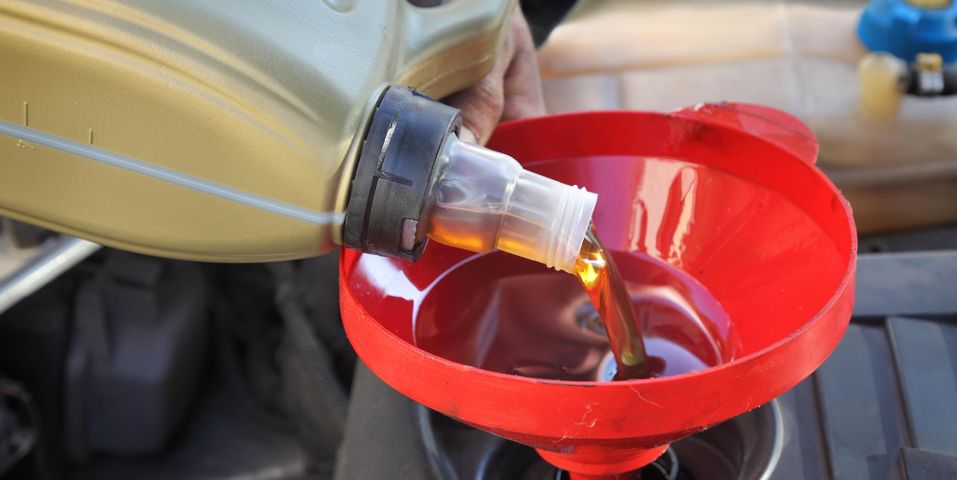What Motorists Should Know About Oil Changes

From dust and sediment to metal particles, various contaminants get in engine oil. The debris, high temperatures, and driving conditions cause the liquid to degrade. That’s why motorists are urged to schedule regular oil changes. The below overview will help you determine how often to get the service.
Factors That Affect Oil Change Frequency
Although 5,000- to 7,500-mile intervals is the standard for modern engines, consult the owner’s manual for your ride’s specific requirements. Newer vehicles come equipped with oil-life monitoring systems that track time, mileage, and driving conditions to determine oil change frequency.
If you don’t drive a new car that often, you could go 12 months between changes. For an older engine, 3,000-mile intervals might be optimal. Driving conditions should also factor into oil change frequency. Intervals should be shorter if you constantly brake, drive short distances, operate the vehicle in extreme temperatures, or haul heavy loads.
How Often to Check the Oil & Types to Use
 To maximize engine performance, check oil levels each month and top it off if the level falls below the minimum mark. To curb friction and sludge buildup for higher fuel mileage, use synthetic-blend or full-synthetic, low-viscosity oil in older vehicles.
To maximize engine performance, check oil levels each month and top it off if the level falls below the minimum mark. To curb friction and sludge buildup for higher fuel mileage, use synthetic-blend or full-synthetic, low-viscosity oil in older vehicles.
In newer cars, synthetic oils help engines perform well in colder climates. If you rack up the miles quickly, high-mileage oil will help mechanical components operate smoothly under the constant strain.
Consequences of Not Changing Oil Often
Failing to change the oil often enough will cause the engine to wear prematurely and eventually break down. That’s because dirty oil can’t adequately lubricate metal components, and the excess friction could cause the engine to overheat. Listen for loud sounds from the engine, which could point to problems. Because of the issues dirty oil causes, failing to stick to a regular schedule could void the manufacturer's warranty agreement.
For oil changes, auto transmission repair, and additional solutions to keep your vehicle healthy, contact the ASE-certified technicians at Blystone Towing & Radiator in Portage, WI. Serving motorists in Columbia County and the surrounding areas for over 50 years, the team will provide routine maintenance and auto repairs, as well as roadside assistance and 24-hour towing, if necessary. See all the auto care solutions the team provides online, check out announcements on Facebook, and call (608) 742-4228 to set up an appointment.
About the Business
Have a question? Ask the experts!
Send your question

